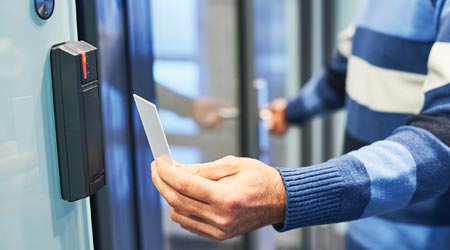Securing Sensitive Information with Integrated Access Control Systems in Bristol Offices
Additionally, building managers can remotely monitor access logs to ensure that there are no security breaches or unauthorized entry attempts. For Bristol businesses with outdoor spaces, access control systems offer an effective way to protect valuable assets, reduce security risks, and ensure that only those authorized can access these areas. Installing access control systems in warehouses in Bristol provides numerous security and operational benefits. By integrating access control systems with emergency response protocols, commercial buildings in Bristol can enhance safety and reduce risks during an emergency situation.
Keyless entry systems, such as RFID cards or mobile-based access, offer significant advantages in convenience. By restricting access to hazardous areas, such as construction zones or chemical storage rooms, businesses can ensure that only trained and authorized personnel enter potentially dangerous spaces. CCTV cameras can monitor entry points in real-time while access control systems regulate who can enter and when.
Access Control Installation in Bristol - HID Global
- Cloud-based access logs
- Keypad entry units
- RFID badges
- Bluetooth-based access control
Biometric systems, which rely on unique identifiers such as fingerprints, facial recognition, or iris scans, provide a higher level of security. These systems can also be integrated with other security measures like alarm systems or CCTV for enhanced safety. In the event of an emergency, swift and controlled access to commercial buildings and restricted areas is crucial for ensuring the safety of employees and visitors.
The integration of these smart technologies offers a comprehensive solution that not only enhances security but also improves the overall operational efficiency of a business in Bristol. When access control and alarm systems work together, they create a robust security framework that can detect unauthorized entry and alert security personnel immediately. With the ability to access security data and adjust settings remotely, Bristol businesses can enjoy enhanced security and greater peace of mind, without being tied to their office space.








